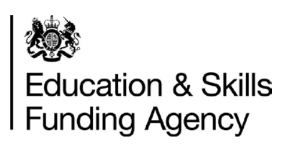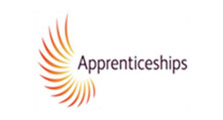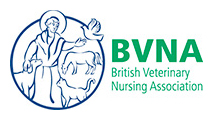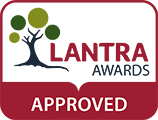Becoming A Veterinary Nurse
The Diploma in Veterinary Nursing leads to registration with the Royal College of Veterinary Surgeons and a successful career as a Registered Veterinary Nurse and is recognised as an advanced apprenticeship
The apprenticeship course content is assessed through assignments, written and practical examinations and students have to undertake an oral examination as part of the apprenticeship requirements.
Please also have a look at the RCVS website: www.rcvs.org.uk/lifelong-learning/students/veterinary-nursing-students
The RCVS state “Whilst you are an RCVS enrolled student veterinary nurse, you may undertake the nursing care of animals under the supervision of a Registered Veterinary Nurse, or a Veterinary Surgeon. You will also be taught how to administer medical treatments to animals and may also be shown how to carry out some minor surgical procedures. Undertaking medical treatments and surgical procedures on animals is controlled by law (Veterinary Surgeons Act 1966).
As an enrolled student veterinary nurse you are permitted certain legal dispensations so that you can learn how to support the veterinary care of animals. You must therefore only undertake such treatments and procedures whilst you are working under qualified supervision in your approved training practice or on an authorised placement from your centre and in the course of your training.
More detailed guidance about the work you may undertake as a student VN is contained in the notes on Schedule 3 of the Veterinary Surgeons Act which can be found on the RCVS website and will also be provided to your college. It is most important that you only undertake work that you have been adequately trained to do and feel confident to perform. If you are asked to do something for which you have not been trained, or do not yet feel confident, you must bring this to the attention of your supervising Veterinary Surgeon or RVN”
The entry requirements for the L3 VN course are:
- Students must be 16 years or older to commence training and must have achieved a minimum level of education qualifications either 5 GCSEs at grade C or above (now graded as 4 - 9) or 5 Scottish grades 1 to 3. These passes must include English Language, Mathematics, Science and 2 additional subjects. Alternative qualifications of a comparable or higher standard may be accepted at the discretion of the awarding body
- For the level 3 Diploma in Veterinary Nursing, students cannot apply to come onto the course unless they have secured a position within an RCVS training practice as an employed member of staff on a full-time basis or part time basis and completed at least 3 months’ probation with their training practice.
The veterinary nursing apprenticeship is completed over 3 years and includes 24 months of theoretical teaching and a further 12 months of developing practical skills. Learners attend college once a week on day release. Student veterinary nurses are required to complete a mandatory minimum of 2,990 hours of training with a minimum of 1800 hours of practical experience at an approved training practice.
You can view more about apprenticeship standards here.
Male Veterinary Nurses - https://knowledge.rcvs.org.










